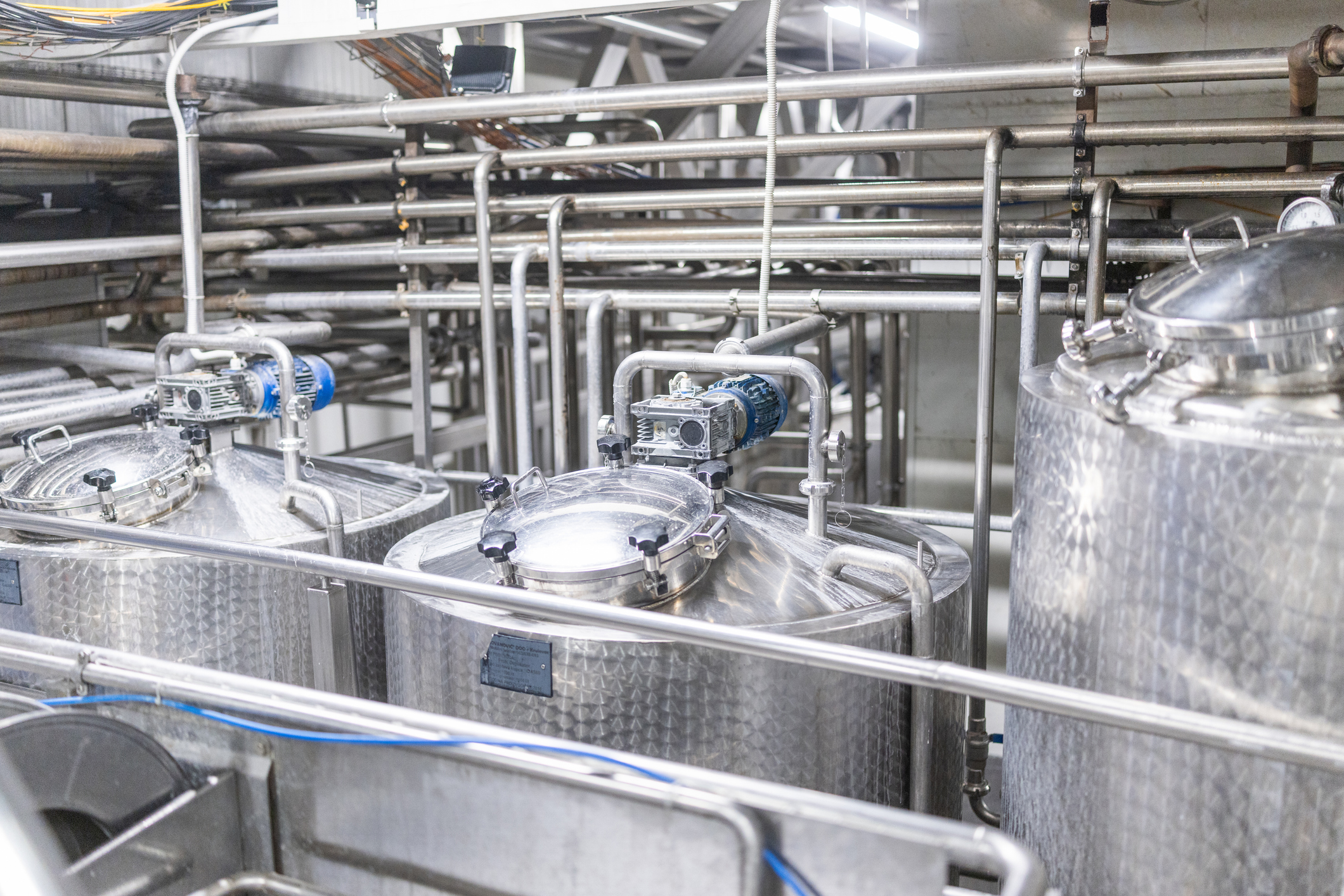Europe’s dairy sector processes 150 million tonnes of raw milk each year, with most of the heat needed for pasteurization still supplied by natural gas, resulting in emissions around 20 Mt CO₂eq annually.
Our new case study analyzes how dairy processing facilities can replace gas-fired boilers with electric boilers or high-temperature heat pumps, and how thermal energy storage (TES) can also be included to support cost-effective, flexible operation. A representative dairy plant in Germany serves as the reference case, with findings relevant across the European food and beverage sector, and other facilities requiring process heat in the 100-150°C range.
Our key findings include:
- Decarbonization of dairy processing facilities requires a shift away from natural-gas-fired process heat for pasteurization.
- The business case for heat electrification depends strongly on the price difference between natural gas and electricity.
- Thermal energy storage provides economic value by reducing electricity costs by around 10 €/MWh (in the German market).
- Selecting between an electric boiler and high-temperature heat pump, is a trade-off between faster breakeven periods verses lower lifetime costs.
- The main benefit of thermal energy storage is its ability to delivery major system flexibility at relatively low cost.
Learn more about these findings and the full analysis in the complete case study here!

